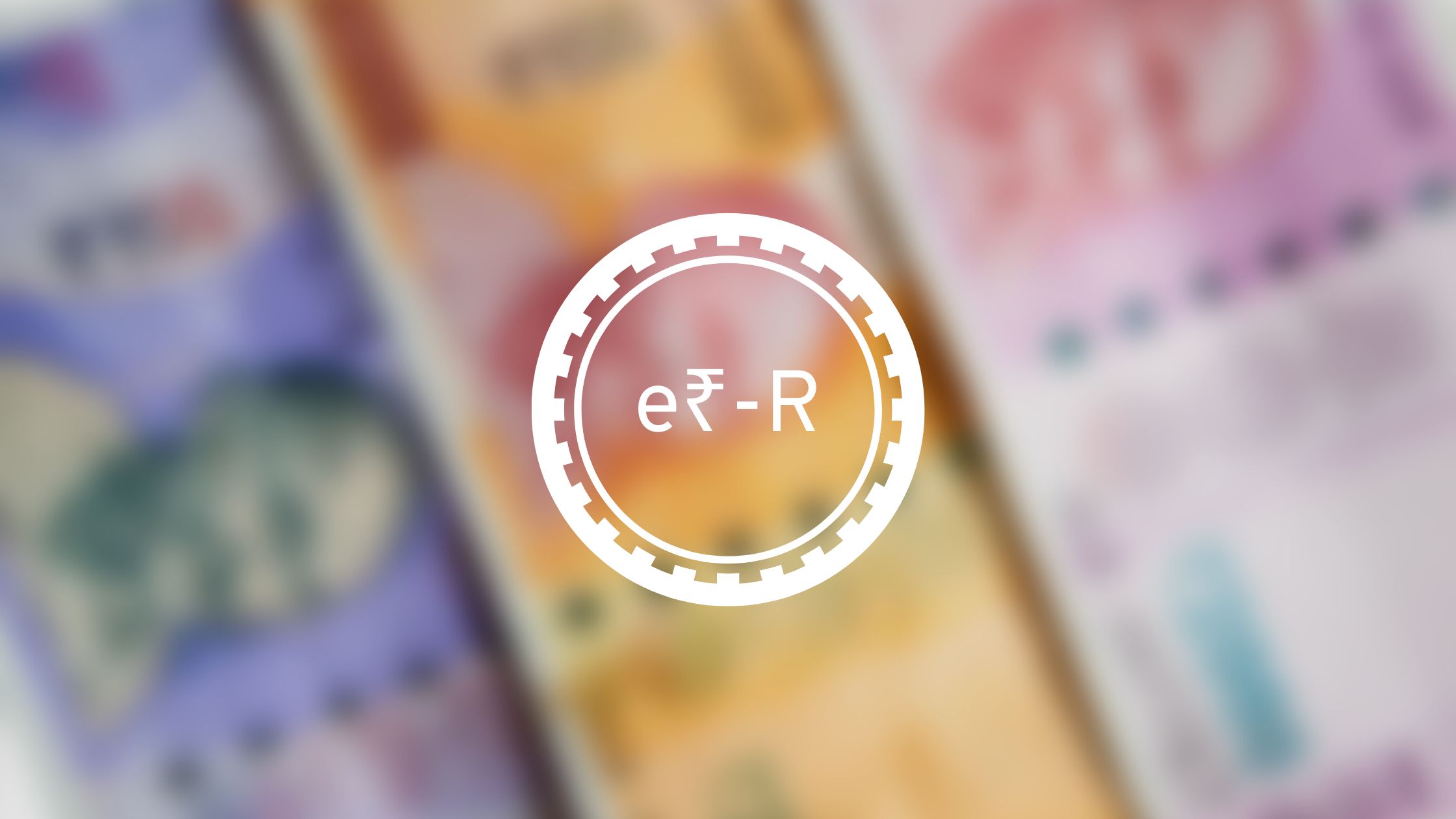In an attempt to provide an additional seamless payment mode to people in India, the Reserve Bank of India(RBI) will introduce digital rupee. An electronic version of cash, initially the Digital Rupee will be launched for retail in the form of the first pilot, which will be followed by wholesale e₹-R pilot. Largely meant for retail transactions, digital rupee will be beneficial to all sections including merchants, businesses and individuals.
The launching of these projects are the steps in the direction of launching Central Bank Digital Currency(CBDC) in full scale manner across the country. When implemented, India will be among the first countries to adopt digital currency. The introduction of digital rupee would see consumers migrating to this mode due to its robust mechanism . As per RBI the digital currency would reduce operational cost involved in physical handling of cash and it will also bring resilience and efficiency in the payments system.
Initially the digital currency transactions will be controlled in close user groups (CUG) involving eight banks of the country as authorized by the RBI to be part of the pilot project launched in a couple of phases. State Bank of India(SBI), ICICI Bank, Yes Bank and IDFC First Bank are among to launch e-rupee in the first phase, while, Bank of Baroda, Union Bank of India, HDFC Bank and Kotak Mahindra Bank will also participate in the next phase.
Like the paper currency and coins, the e-rupee will be distributed through banks in selected cities. Moreover e₹-R would be issued in the denominations currently used notes and coins. Transactions using e-rupee are possible in both modes- can be Person to Person (P2P) and Person to Merchant (P2M). The funds transactions involving e-rupee will be hassle free and seamless, as these can happen in almost real time on a single digital ledger.
As per RBI in first phase cities including Mumbai, New Delhi, Bengaluru and Bhubaneswar will be covered. Later on the project will also include other cities- Ahmedabad, Gangtok, Guwahati, Hyderabad, Indore, Kochi, Lucknow, Patna and Shimla.
As per the RBI users in the country will be able to carry out transactions with e₹-R through a digital wallet offered by the participating banks that can be stored on to mobile phones and other devices. Digital rupee will be a boon for that section of the society which still does not have a bank account. To such a section who do not have access to a bank, the digital rupee would provide a way to transfer money digitally, which is not possible at present with UPI or an e-wallet.
Like the online transactions are being conducted across the country, similarly users can make payments of digital rupee to merchants by using QR codes displayed at merchant locations. However the central bank has clarified that the digital currency will be the same as cash and no interest will be earned on it and digital currency can be converted to fixed deposits.
Users will be able to make payments through e-Rupee using QR codes displayed at merchant locations, just like online transactions are done. “The e-Rupee would offer features of physical cash like trust, safety and settlement finality. As in the case of cash, it will not earn any interest and can be converted to other forms of money, like deposits with banks,” the official RBI release stated.
Besides providing a seamless mode of payment to consumers in the country, RBI feels that CBDC will bridge the advantages and risks of digital currency. Since the introduction of crypotcurrecies, it was found that these digital currencies were used in money laundering, terror funding and tax evasion.


